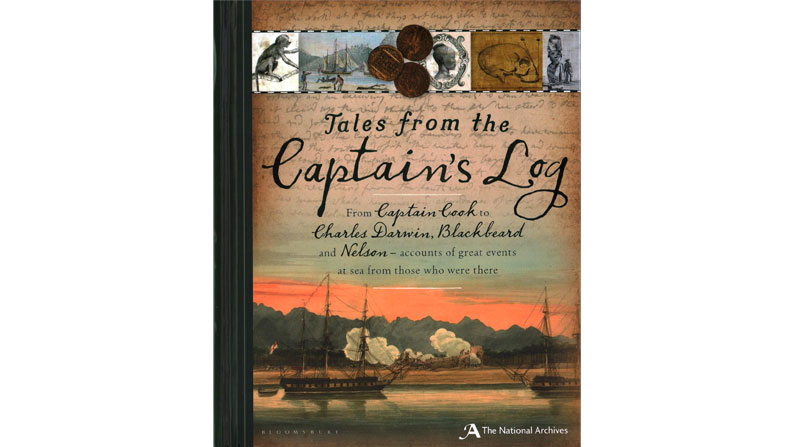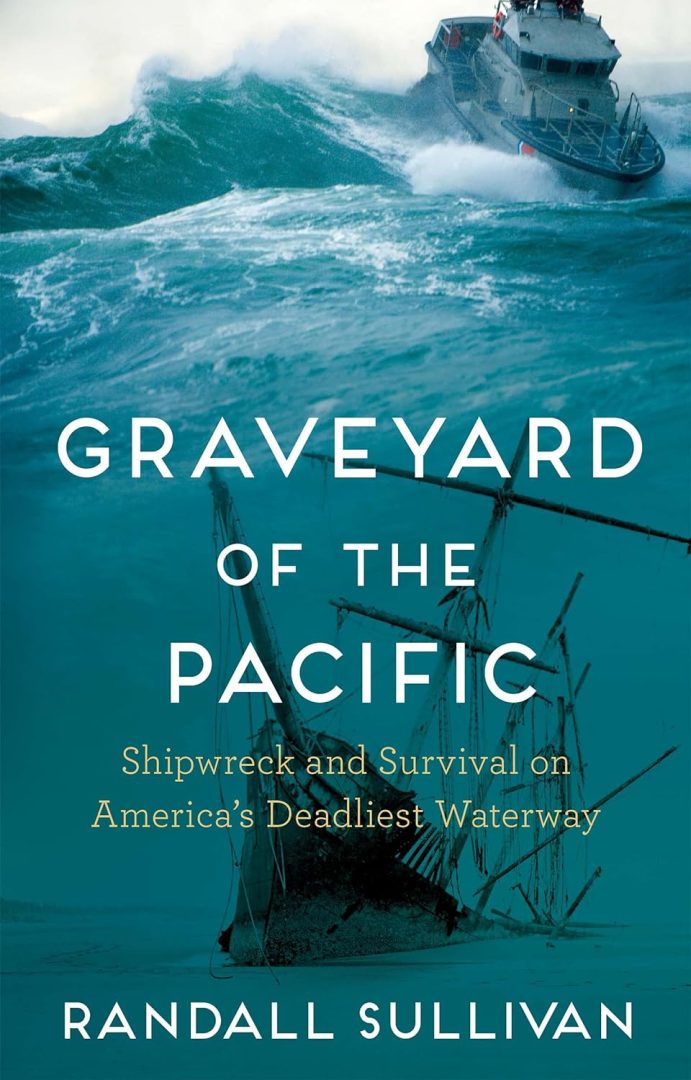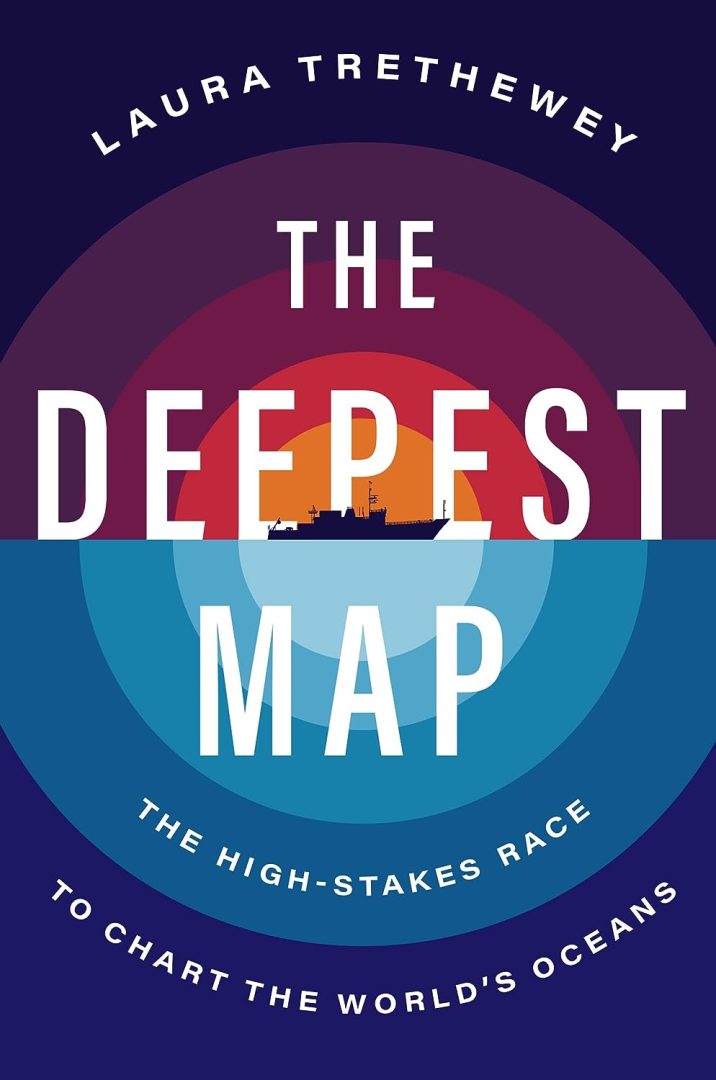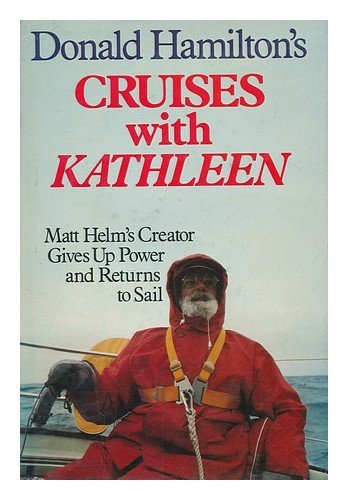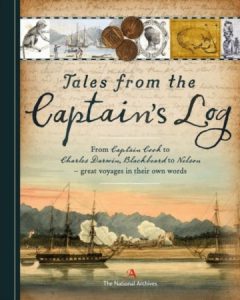 Polar expeditions, naval battles, discovery, piracy, mutiny on the high seas…these are but some of the themes contained in Tales from the Captain’s Log. As the title implies, this collection of historical tales has been reproduced directly from actual ships’ logs and personal journals of the great men who sailed the oceans in the 17th and 18th centuries, a period long considered the Golden Age of Sail. Commanders, ships’ doctors, and even inmates frequently penned wonderfully vivid accounts aboard sailing vessels, providing today’s reader glimpses into their lives at sea. These documents have been preserved by the British National Archives and were selected as the foundation for this enlightening volume, transcribed and narrated by a host of authors.
Polar expeditions, naval battles, discovery, piracy, mutiny on the high seas…these are but some of the themes contained in Tales from the Captain’s Log. As the title implies, this collection of historical tales has been reproduced directly from actual ships’ logs and personal journals of the great men who sailed the oceans in the 17th and 18th centuries, a period long considered the Golden Age of Sail. Commanders, ships’ doctors, and even inmates frequently penned wonderfully vivid accounts aboard sailing vessels, providing today’s reader glimpses into their lives at sea. These documents have been preserved by the British National Archives and were selected as the foundation for this enlightening volume, transcribed and narrated by a host of authors.
Among these pages, Captain James Clark Ross’ logbook provides a detailed description of his expedition aboard two ‘ponderous craft’ through the sea ice in a successful effort to chart the Antarctic continent and recognize the magnetic pole. His was the first expedition to carry stores in tin cans, and for good reason. Captain William Bligh’s mutinous tale is vividly painted as well, the text providing an accurate account of the proceedings with perspectives from both sides of the conflict. The reader is left to ponder this controversial episode in nautical history. In the end, the mutineers who landed on Pitcairn Island would go on to establish the first community in history to give women the right to vote. The astronomical observations recorded by Captain James Cook aboard HMS Endeavour during his ‘voyage of discovery’ while in search of the ‘unknown Southern Land’ are also included. His observations of the transit of Venus throughout the voyage were so remarkably accurate that they would later be relied upon to lead British scientist Thomas Hornsby to calculate the mean distance of the Earth from the Sun.
Chapters on famous pirates and, uh-hum, privateers, such as Henry Morgan, Captain William Kidd, and Edward Thatch — better known as ‘Blackbeard’ — are almost unbelievable, except for the fact that log entries, maps, and government documents are included to justify their legends. Darwin’s famous travels and paradigm-shifting observations of nature are presented in one fine chapter. Lord Nelson’s strategic and bloody naval offense in the Battle of Trafalgar, which decimated the French fleet and signaled the beginning of the end for Napoleon’s conquest, is riveting. Doctors’ accounts of disease and crew care at sea, prisoners’ descriptions of life confined aboard transport ships, and voyagers’ recollections of sea travel from Europe to Australia in their quests to settle untamed lands, all add to the colorful scope of the Golden Age, when sailing ships ruled the oceans.
Perhaps most significant to the telling of these tales are the illustrations found on almost every page. The watercolor sketches of coastlines and seascapes from various parts of the globe are particularly delightful and lively. Moreover, the vivid detail and accuracy rendered in the drawings of flora and fauna record some of the earliest examples of newly-discovered species. And the bountiful reproductions of captains’ logs, each with its own brand of eloquent handwriting, combined with images of hand-drawn nautical maps from a time when cartographers were indeed artists, leave the reader with no shortage of seductive imagery. As such, Tales from the Captain’s Log is not meant to be read like a novel and stowed away on a shelf once finished. Place it on the table next to your coziest chair.
Tales from the Captain’s Log: from Captain Cook to Charles Darwin, Blackbeard to Nelson—great voyages in their own words by The National Archives (Adlard Coles 2017; 304 pages)
